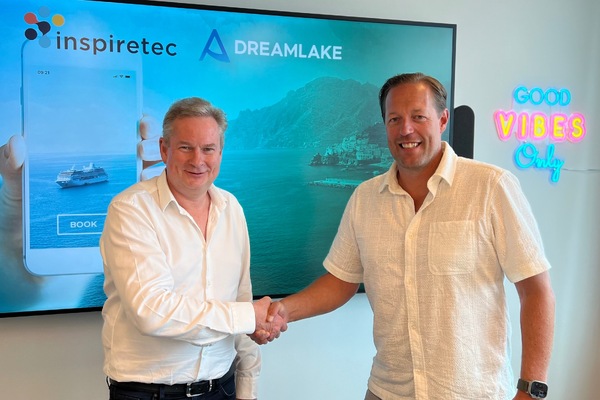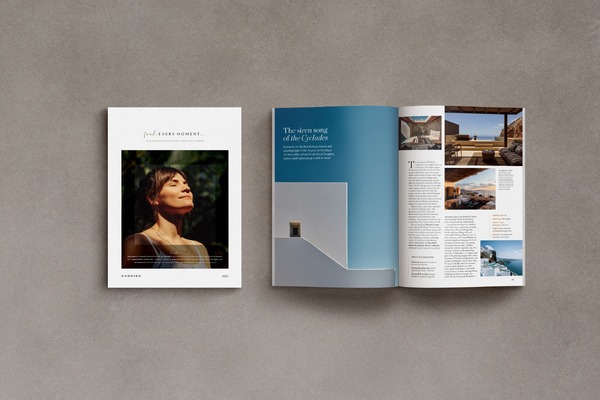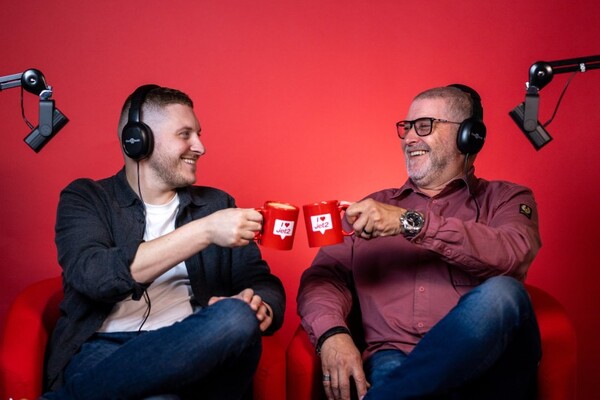PTS founder: 'We want to be the biggest Small Business Atol-holder'
 Gary Noakes
Gary NoakesThree months into its rebranding, the founder of Protected Trust Services – better known as PTS – is clear about what the next few years have in store.
Daniel Landen cites the often-repeated quest by the trust account provider to reach 1,000 members, an ambition boosted by its recent decision to offer Atol protection to 5,000 passengers per franchise member instead of the previous limit of 1,000.
"We have 11-12% of all Atol-holders now – we would like to be the biggest Small Business Atol-holder,” he says. PTS’s 470 members can now package far more, something he believes will boost average member turnover beyond £1 million.
"I would like to go up to 1,000 members, but I’m more interested in ensuring members don’t lose the control they have," he continues. "We think we will get there in the next three years. We’re the type of business where the more that goes through it, the more profitable it is."
To aid this, there are some new systems in development. “In 2025, we have some really cool stuff coming in the first two quarters," Landen enthuses.
"We’ve started to focus more on training, so there will be more external communications and tech training. We have to make it easier to board PTS. We’ve brought IT in-house, and will be pushing hard on that over the next 36 months.”
He adds: “We can’t make PTS 100% better, but we can make 10 things 10% better.”
Landen explains PTS charges members £100 a month plus a transaction fee per sale. He’s had enough of the traditional commission models consortia tend to operate. “The way travel has worked is 30-40 years old," he says. "We only charge per transaction, not a percentage.”
He claims traditional consortia took “30-50% of profits” when factors like card acquirer fees and “behind the scenes” overrides were considered.
“It’s expensive, and then there are the ones that say you have to sell a minimum amount each month – it’s almost like working for someone else without the paid holidays. If you go through consortia, you lose a high percentage of income and the fees are tough, plus you have to get other people’s products.
"If a customer wants a particular honeymoon, you can be trying to sell them something they don’t want. You tend to get that with the consortia because they get overrides. We pretty much let you book what you want.”
Landen is a staunch proponent of the trust account model, comparing it to escrow accounts used by the legal profession and others. “Trust accounts make it very affordable to operate in travel. They take the liability away from banks, which is the main thing that stops them working with independents.”
PTS’s business model has worked to its advantage, he says, following the sharp rise in the price of travel. “In the past five years, inflation cumulatively has been around 40%, [so] travel has gone up by a huge amount.
"As value grows, our margins grow. It’s highly profitable for us; there’s literally hundreds of millions going through the trust account. We’re not embarrassed to make money, but we’ve not put our prices up in five years.”
Sign up for weekday travel news and analysis straight to your inbox

Gary Noakes
Supplier Directory
Find contacts for 260+ travel suppliers. Type name, company or destination.














